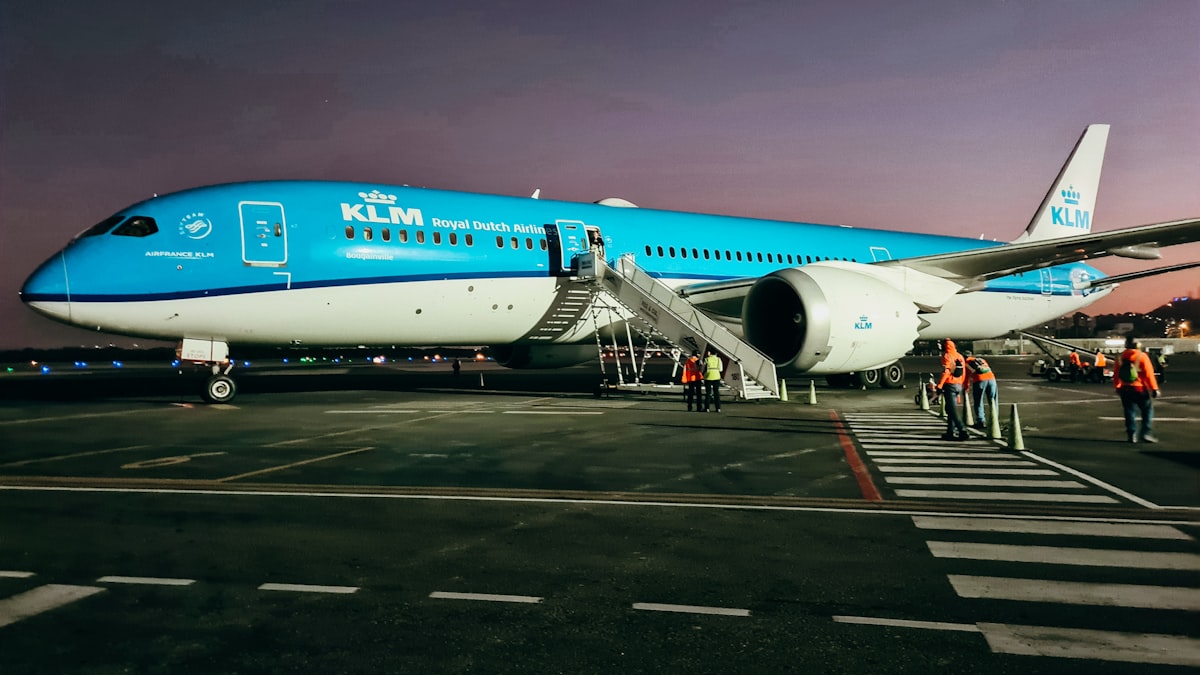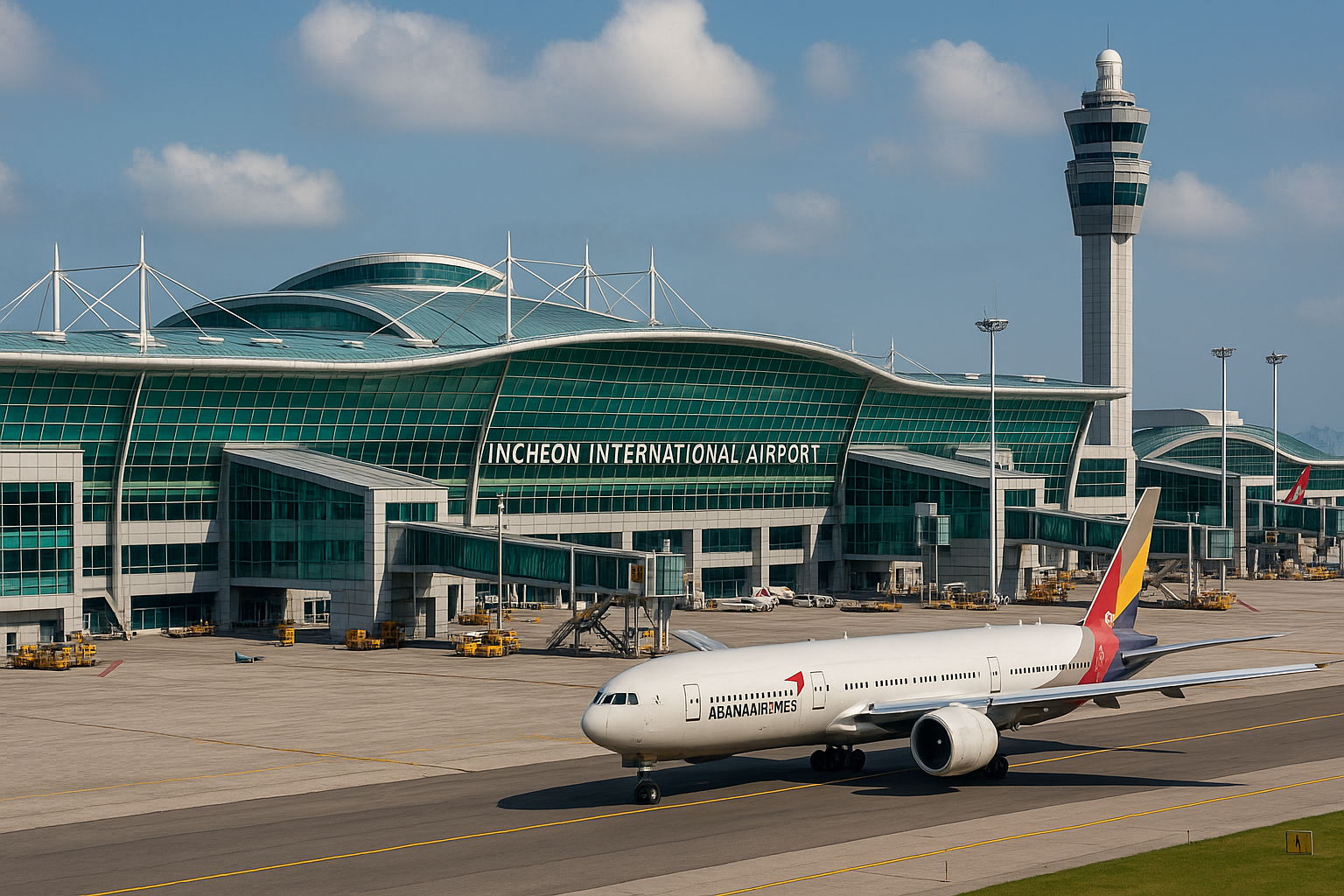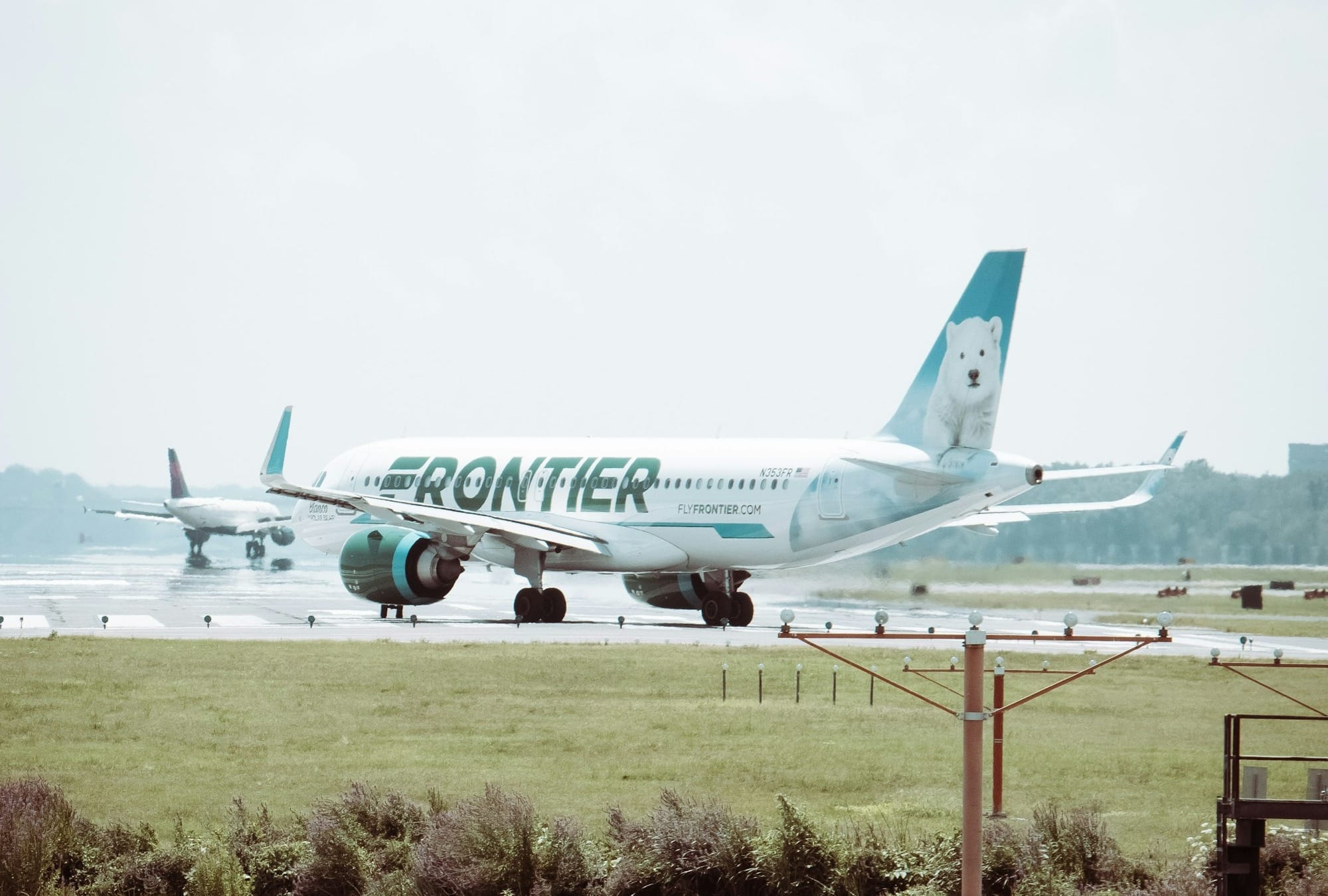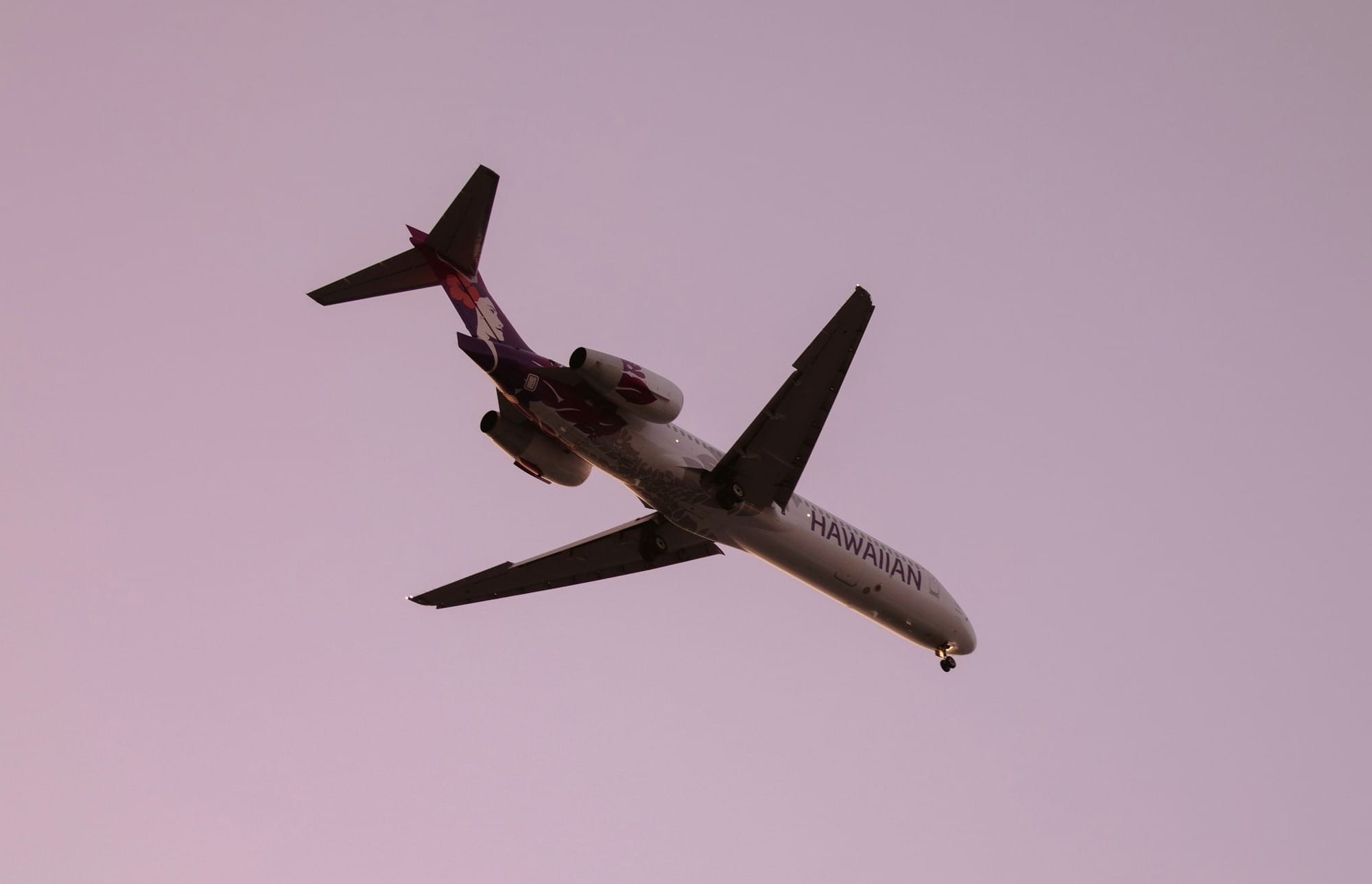Amsterdam Airport Schiphol, KLM, and Delft University of Technology Collaborate for Innovative Baggage Handling
In a significant move towards enhancing the efficiency and ergonomics of baggage handling systems, Amsterdam Airport Schiphol has partnered with KLM Royal Dutch Airlines and Delft University of Technology.


Amsterdam Airport Schiphol, KLM, and Delft University of Technology Collaborate for Innovative Baggage Handling
Amsterdam, Netherlands – In a significant move towards enhancing the efficiency and ergonomics of baggage handling systems, Amsterdam Airport Schiphol has partnered with KLM Royal Dutch Airlines and Delft University of Technology. This collaboration aims to revolutionize the future of work in baggage handling halls, focusing on reducing physical strain and incorporating advanced technological solutions.
Advertising
Innovative Research for a New Working Methodology
The initiative, led by researchers from Delft University of Technology, is set to explore new working methods in Schiphol’s baggage handling halls. Professor Abbink from the university emphasized the importance of learning directly from workplace experts to understand their needs and preferences. This approach will help in identifying and implementing diverse solutions – technical, social, or organizational – to improve the working conditions in baggage handling areas.
KLM and Schiphol: Pioneers in Reducing Physical Strain
Harm Josephi, Vice President of Baggage Services at KLM, highlighted the airline's and Schiphol's longstanding commitment to minimizing physical strain in baggage handling. This new collaboration is a step forward in making these operations less physically demanding. The improvements developed through this partnership have the potential to be implemented at airports globally, showcasing the Netherlands' leadership in this area.

Future-Proofing Baggage Handling
Dennis van Kleef, responsible for baggage at Royal Schiphol Group, outlined the future plans. By April 2024, every workplace in the baggage handling hall will be equipped with a functional lifting aid, mandatory for all employees. The next phase will focus on automating physical work while ensuring that employees continue to play a crucial role. This study will shape the future of work and the evolving role of humans in automated environments.
A Multidisciplinary Approach for Realistic Outcomes
The research team, comprising experts from various fields such as design, psychology, organizational change, robotics, and logistics, will leverage their diverse backgrounds to assess the impact of technical innovations. This multidisciplinary approach, combined with the practical experience of working directly in the baggage halls, promises realistic and actionable outcomes. The collaboration between baggage workers and researchers is key to this endeavor.

Advertising
Long-Term Vision for Groundbreaking Work Methods
The success of the study will be measured by the development of a new way of working, created in conjunction with baggage hall employees. If successful, this collaboration could evolve into a long-term partnership, setting a precedent for innovative work methods in the aviation industry. Future renovations of existing baggage halls at Schiphol will also incorporate the knowledge and results from this research, ensuring a continuous improvement in baggage handling processes.
This initiative is part of a comprehensive plan by all parties involved in baggage handling at Schiphol to alleviate the workload in the baggage halls. The collaboration between Amsterdam Airport Schiphol, KLM, and Delft University of Technology marks a significant step towards a more efficient, ergonomic, and technologically advanced future in airport operations.
Advertising



